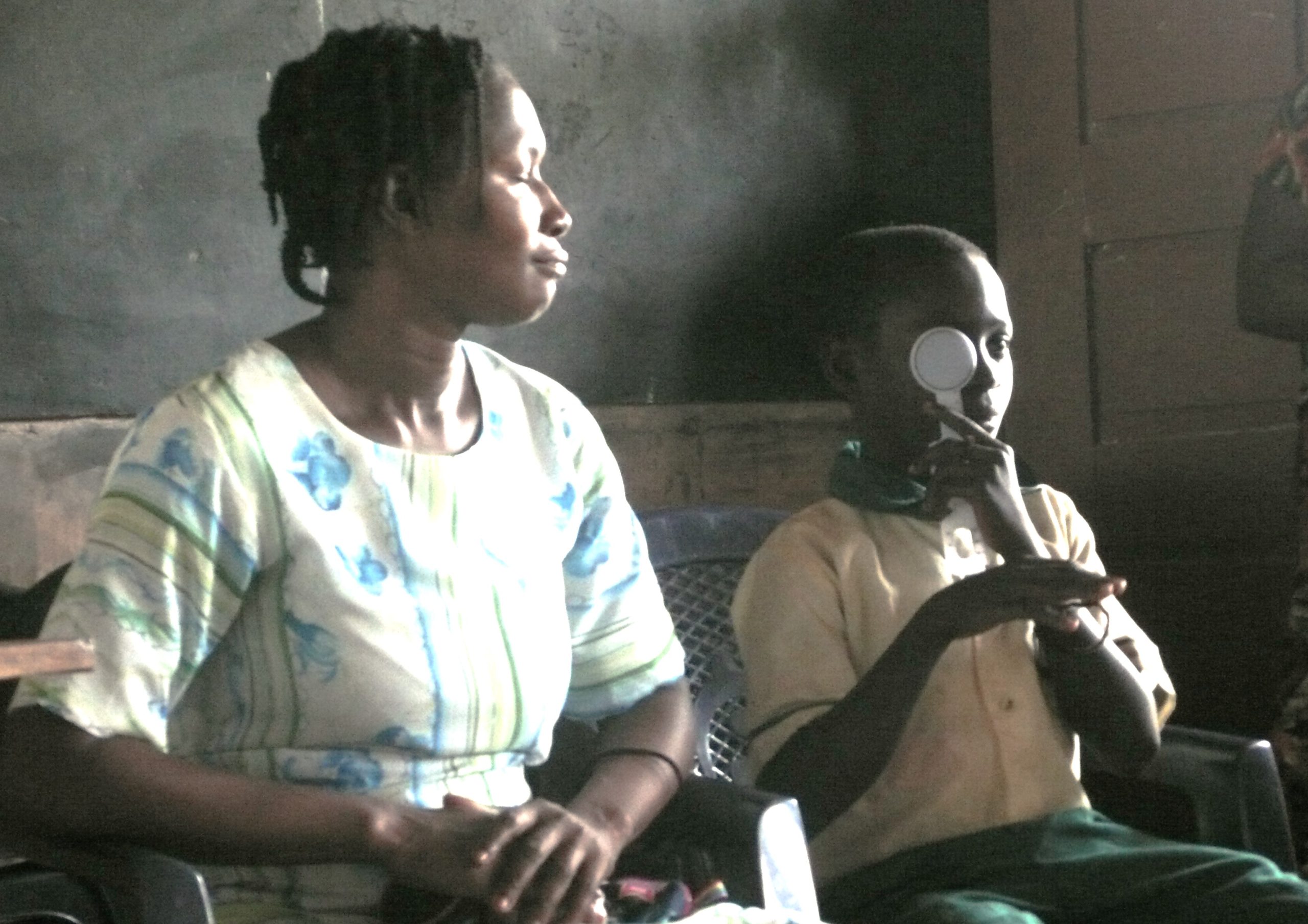In the vast and varied landscapes of Africa, a silent epidemic is affecting millions. It isn’t marked by obvious symptoms or rapid outbreaks, but its impact is profound and enduring. This epidemic is the rise of eye health issues directly linked to malnutrition and a general lack of awareness, particularly in underdeveloped regions.
The Twin Challenges: Malnutrition and Ignorance
Malnutrition remains a formidable adversary in the fight for better eye health. Essential nutrients, specifically vitamins A, C, E, and zinc, play critical roles in maintaining eye health and vision. Unfortunately, in many African communities, consistent access to these vital nutrients is not the norm but the exception. The deficiency in these nutrients can lead to a range of eye health problems, from minor vision impairments to severe conditions like xerophthalmia and eventual blindness.
Ignorance about eye health compounds these nutritional challenges. Many communities lack basic knowledge about the importance of nutrition and preventive care for maintaining vision. There’s also a significant gap in understanding the signs of eye health issues and how or when to seek treatment. Without this knowledge, minor conditions worsen, leading to significant and often irreversible damage.
First Sight’s Mission to Illuminate and Heal
Recognizing these challenges, First Sight is actively working to transform the landscape of eye health in Africa through several strategic initiatives:
– Nutritional Programs: First Sight collaborates with local health organizations to provide access to vitamins and supplements that are crucial for eye health. These programs are accompanied by educational campaigns that teach communities about the importance of a balanced diet for maintaining good vision.
– Educational Outreach: First Sight’s comprehensive educational programs aim to raise awareness about eye health, debunk myths about vision care, and promote the benefits of regular eye check-ups. These initiatives empower individuals with the knowledge to take proactive steps in preserving their vision.
– Accessible Eye Care: Through mobile clinics and partnerships with local healthcare providers, First Sight delivers direct eye care services to the most remote and underserved areas. These services not only treat existing conditions but also emphasize the importance of regular eye examinations and early intervention.
How You Can Help
Support Education and Treatment Initiatives: Donations to First Sight help fund the educational and medical interventions crucial for combating this epidemic. Your support extends far beyond monetary contributions; it reaches lives, offering sight and hope.
Spread the Word: Awareness is a powerful tool in this fight. By talking about these issues, sharing resources, and advocating for better nutritional and eye health practices, you can help change lives.
Volunteer: If possible, join First Sight on the ground or support from afar by assisting in fundraising, awareness campaigns, or educational workshops.
Conclusion
The challenge of eye health issues in Africa due to malnutrition and ignorance is daunting but not insurmountable. With targeted efforts in education, improved nutrition, and accessible eye care, we can make significant strides toward a healthier future. Join us at [First Sight](https://firstsight.org) as we work to ensure that no one’s vision—nor their potential—is limited by preventable conditions.
This blog post serves not only to inform but also to inspire action towards mitigating the crisis of eye health in Africa, emphasizing the interconnected solutions that tackle both the symptoms and the root causes of this pressing health issue.


